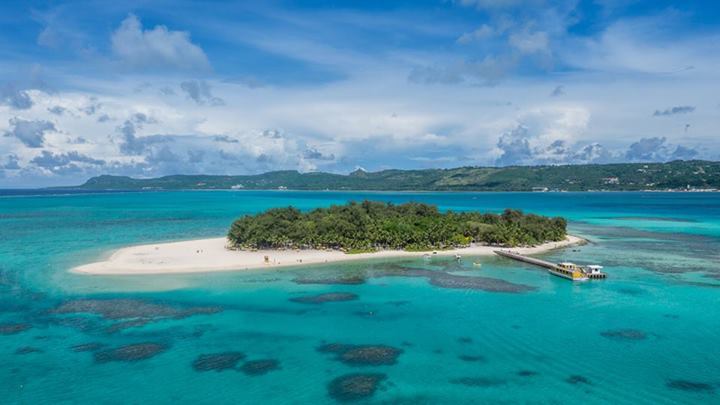3 Physical Traits of the Human Body That Keep Us Alive

When push comes to shove, the average person can survive much worse conditions than we might expect. We have our ancestors to thank for the tremendous physiological gifts they have given us.
Our physiques are hardwired for survival. As an example, look at these three physical survival traits.
Bleeding Control
The human cardiovascular system is certainly something to behold!. It provides the body with the necessary blood flow, and it can even inhibit that blood flow during an emergency. When victims of hypothermia become too cold, the body shifts blood flow from the extremities to the body core as a measure to help keep the victim warm.
When specific injuries have been encountered, the body can clot wounds to decrease or cease blood loss. All of this happens automatically, without even thinking about it.
Pain Blocking
Have you ever been injured in a frightening situation, but didn’t realize you were harmed until the danger had passed? It happens more often than you think and it’s because of the body’s natural response to increased adrenaline. This hormone will provide a blast of energy during an emergency that increases strength, speeds up breathing, and can even prevent pain.
Broken bones, torn flesh, and gunshot wounds could go unnoticed as this hormone readies us for the ‘fight or flight’ reaction. But after the adrenaline wears off, we are able to feel the pain of our injury.
Save Water
It is quite obvious that humans are not creatures of the desert. Profuse sweating, moist dung, and wet pee are all symbols of a creature from a place where fresh water is plentiful.
But what will happen to us if we gradually start to run short of precious life-giving water? Once more, the body comes to its own rescue.
Dark, concentrated urine and constipation are common accompaniments to a desert survival situation.
And, most people can adjust to a reduced ration of water; if they ease into it, over time. A fact of the matter is in 1981 when Steven Callahan was adrift in a life raft in the harsh Atlantic Ocean during his 76-day ordeal; he survived on one pint of rain water a day for the last 30 days of his hardship and lived to tell the tale.
Have you been in a circumstance where your body’s natural survival mechanisms kicked in? Please tell us your story by leaving a comment.
